Education makes machines which act like men and produces men who act like machines
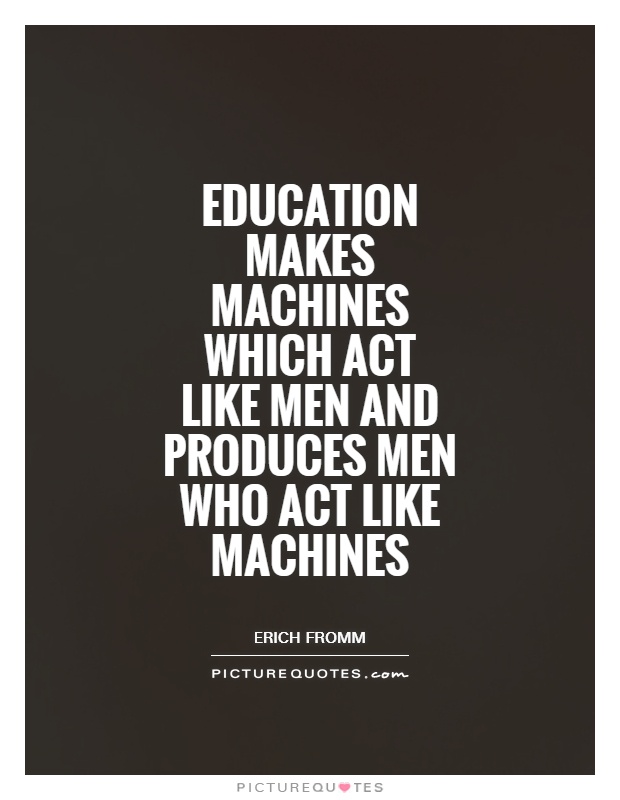
Education makes machines which act like men and produces men who act like machines
Erich Fromm, a renowned psychologist and social philosopher, delved into the complexities of human nature and the impact of society on individuals. One of his most thought-provoking statements is, “Education makes machines which act like men and produces men who act like machines.” This statement highlights the paradoxical nature of modern education systems and their influence on human behavior.Fromm believed that education, as it is structured in many societies, often focuses on rote memorization, standardized testing, and conformity rather than fostering critical thinking, creativity, and individuality. This type of education, according to Fromm, creates individuals who are robotic in their thinking and behavior, following societal norms and expectations without questioning or challenging them. These individuals may excel in academic settings and professional environments, but they lack the ability to think independently and authentically.
On the other hand, Fromm argued that this type of education also produces individuals who act like machines. These individuals are driven by external rewards and punishments, seeking validation and approval from others rather than pursuing their own passions and values. They may prioritize efficiency and productivity over personal fulfillment and meaningful relationships, leading to a sense of emptiness and alienation.
Fromm’s critique of modern education systems resonates with many who have experienced the pressures and constraints of traditional schooling. The emphasis on grades, test scores, and competition can stifle creativity, curiosity, and self-expression, turning students into passive recipients of information rather than active participants in their own learning.
To counteract this trend, Fromm advocated for a more humanistic approach to education that values individuality, creativity, and critical thinking. He believed that true education should empower individuals to think for themselves, question authority, and cultivate their unique talents and interests. By fostering a sense of autonomy and self-awareness, education can help individuals break free from the constraints of societal expectations and live more authentic and fulfilling lives.


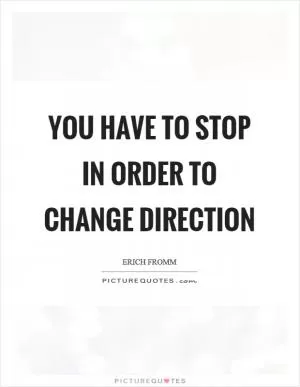
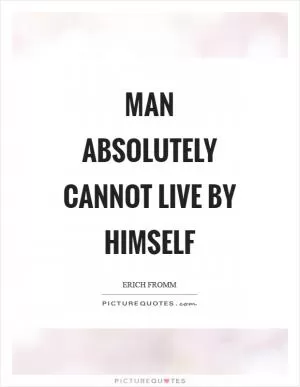

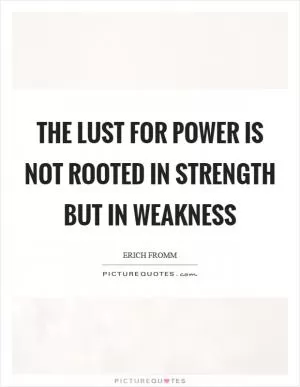
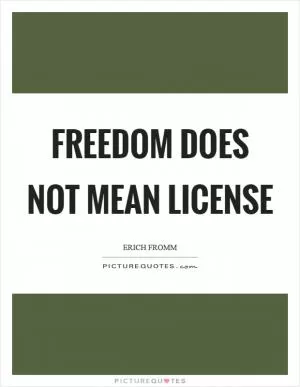
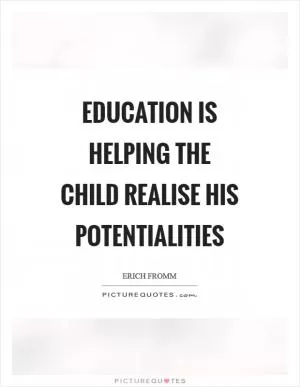
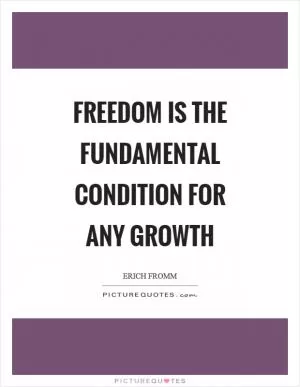

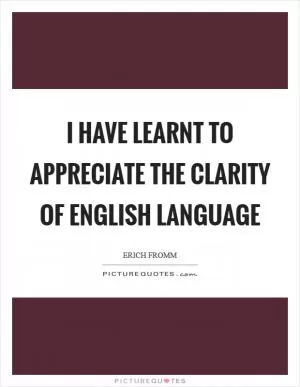

 Friendship Quotes
Friendship Quotes Love Quotes
Love Quotes Life Quotes
Life Quotes Funny Quotes
Funny Quotes Motivational Quotes
Motivational Quotes Inspirational Quotes
Inspirational Quotes